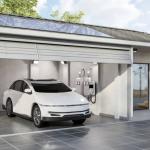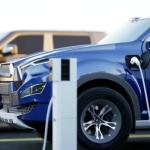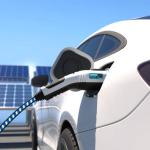How EV Charging Will Evolve by 2030 – The Future of Electric Mobility
The electric vehicle (EV) industry is growing at lightning speed, and with it comes rapid advancements in charging technology. By 2030, EV charging will be faster, smarter, and more eco-friendly than ever before — making electric cars the go-to choice for millions of drivers worldwide.
1. Ultra-Fast Charging Will Become the Standard
The days of waiting hours for a charge will be over. By 2030, ultra-fast chargers could power most EVs in under 10 minutes.
Faster long trips: High-power charging stations will make cross-country travel effortless.
Better battery life: Improved battery technology will allow for quick charging without damaging cells.
2. Wireless and Automated Charging Will Take Over
Charging without plugging in will become a reality. Expect:
Wireless charging pads for homes, offices, and public spaces.
Robotic charging arms for autonomous and shared vehicles.
Hassle-free charging experiences for drivers everywhere.
3. Renewable Energy Integration Will Power the Network
Sustainability will be a core focus of future charging infrastructure.
Solar-powered EV chargers will become common in both cities and rural areas.
Integration with wind and hydro energy sources will reduce carbon emissions.
EVs will play a role in smart grids, storing and sharing renewable power.
4. AI and Smart Charging Networks Will Revolutionize Convenience
Artificial Intelligence will transform how we find, use, and pay for charging.
Smart apps will locate the nearest available charger and reserve slots in advance.
Dynamic pricing will allow users to charge at the cheapest times.
Grid-friendly scheduling will help avoid energy overloads during peak hours.
By 2030, EV charging will be fast, clean, and fully automated — making electric driving easier than ever. For businesses and investors, the coming years present a golden opportunity to lead in this booming industry. For drivers, it means more freedom, lower costs, and a greener planet.




